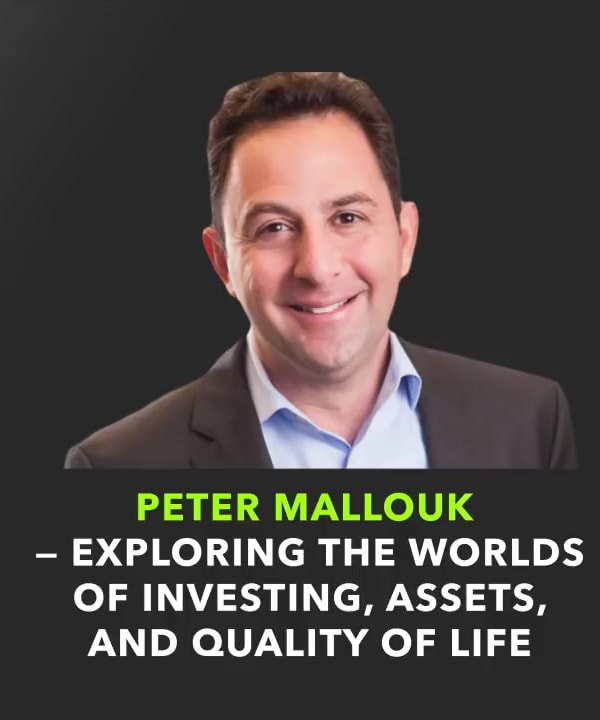Missed Investments
Sources:
Insights on Missed Investments
-
Gambling vs. Investing
- Ramit Sethi points out that many people misjudge the risk of investing by equating it to gambling. They keep their money in savings accounts, which, due to inflation, results in a consistent loss over time. Sethi emphasizes the importance of investing to grow wealth and avoid the silent erosion of value 1.
-
Fortunes Lost Through Bad Investments
- David Senra explains that most fortunes are not lost by overspending but through poor investment choices. He illustrates this with examples of athletes and wealthy individuals who lose their wealth by making ill-informed investments. The problem lies in how people perceive investments as less risky compared to spending on luxuries, which avoids triggering self-regulatory alarms 2.
-
High-Risk Ventures
- Ian Bick describes his experience of making high-risk investments in areas like nightclubs and concerts, which lacked immediate returns. His investments were legitimate but inappropriate for his cash flow needs, leading to financial troubles. This highlights the necessity for aligning investment strategies with cash flow requirements 3.
-
Chasing Trends and FOMO
- Naval Ravikant talks about the mistake of chasing investment deals due to fear of missing out (FOMO). He argues that this impulsive behavior often leads to poor investment decisions. Instead, he advocates for cautious and well-considered investments, stressing the importance of managing one's time and responsibilities in early-stage investments 4.
-
Market Preparedness
- Jonathan Mendosa discusses the need for preparing for market downturns. He advises incorporating potential market declines into one's investment strategy, such as buying stocks during downturns. This approach involves understanding long-term market behavior and recognizing buying opportunities when prices are low 5.
-
Behavioral Pitfalls
- Peter Mallouk stresses the importance of matching investment strategies to individual needs and time horizons. He explains the benefits of long-term investing and warns against behavioral mistakes, like panic selling during market downturns. Historical data shows that long-term diversified investors typically see gains, thus highlighting the importance of staying the course 6.
In summary, these insights emphasize the significance of aligning investment choices with financial goals, avoiding impulsive decisions driven by fear of missing out, and understanding the real risks of inaction or poor investment strategies.
RELATED QUESTIONS-


